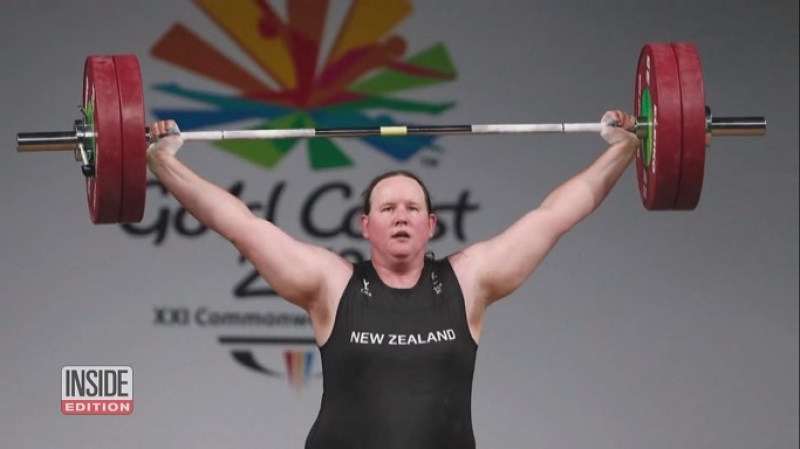
Female athletes in New Zealand have been warned to keep mum about competing against a biologically born male weightlifter in the upcoming Summer Olympics in Tokyo.
New Zealand weightlifter Laurel Hubbard, born Gavin, is set to make a name for himself as the first transgender athlete to compete in this year's Summer Olympics. But female-born athletes are not all too happy about it.
Former Olympic weightlifter Tracey Lambrechs has opposed the transgender woman's unfair advantage as a biological born male and how biological born female weightlifters are being banned from speaking out on the issue..
According to 7News Australia, Hubbard must meet the fitness and performance standards of the New Zealand Olympic Committee (NZOC) before the selection for the team but the transgender woman's involvement is already ruffling some feathers, including Lambrechs', who competed in the 2018 Commonwealth Games of New Zealand and took home the bronze medal.
"I'm quite disappointed, quite disappointed for the female athlete who will lose out on that spot," Lambrechs said. "We're all about equality for women in sport but right now that equality is being taken away from us."
Lambrechs, who also won silver at the 2015 Pacific games and placed 13th at the 2016 Olympics, admitted that female weightlifters have approached her to express their concern over Hubbard's participation in the games. She admitted, "Unfortunately, there's nothing we can do because every time we voice it we get told to be quiet."
The Blaze reported that the NZOC is set to announce its weightlifting team in June and are positive that Hubbard meets its current criteria. The transgender woman is 43 years old and identified as a male for 35 years before transitioning to female in 2012. Hubbard took home two silver medals in the World Championships in the female category in 2017 and two gold medals and a silver medal at the Pacific Games held in Samoa, again under the female category.
In 2015, the International Olympic Committee (IOC) decided that transitioned female weightlifters and biologically male born athletes may compete as a woman as long as their testosterone levels are below 10 nanomoles per litre for at least 12 months before their first competition, Reuters reported.
These new guidelines that the IOC issued did not sit well with scientists who believe that an unfair advantage does not come down merely to a testosterone count. In fact, there should be so much more to take into consideration when looking at biological advantages, such as bone and muscle density.
The IOC released a statement on Thursday reiterating their commitment to inclusion but said it will consider the "perceived tension between fairness/safety and inclusion/non-discrimination." The statement read, "The IOC is developing new guidance to help ensure that athletes-regardless of their gender identity and/or sex characteristics-can engage in safe and fair competition."
This is not the first time Hubbard is encountering backlash for participating in women's sports. Australia's weightlifting federation had attempted to prohibit the transgender woman from participating in the 2018 Commonwealth Games, but organizers blocked the federation. Hubbard ended up withdrawing from the games due to an elbow injury.






















